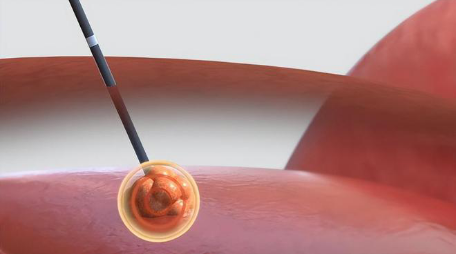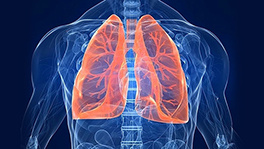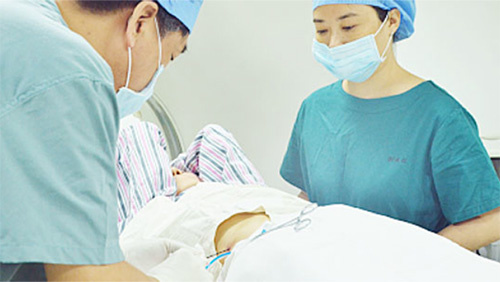Breast Cancer
The latest data shows that between 2017 and 2021, breast cancer has become the most common cancer in Malaysia and is well-deserved as the "The Top killer".The new cases are increasing year by year and have a younger trend.
In 2022, the number of new cases of breast cancer in Malaysia was 8,371, ranking first among all cancers; the number of deaths was 3,526, ranking third among all cancers.
Breast cancer is also the most common cancer among women in Malaysia.
An average of 4,000 new cases are reported in Malaysia each year, with 1 in 9 women diagnosed with breast cancer.
Symptoms of Breast Cancer
Diagnosed with invasive breast cancer, are you suffering from these situations?
-
Double blow to the body and mind
Diagnosed with invasive breast cancer is not only physical pain but also a struggle of the mind. Fear, helplessness, anxiety, these negative emotions are like shadows, always accompanying you.
-
Side effects and discomfort during treatment
Although chemotherapy, radiotherapy, and other treatments are effective, their side effects cannot be ignored. Nausea, vomiting, hair loss, fatigue, and other problems make you feel tortured during treatment.
-
Disease progression and complications
Invasive breast cancer may metastasize to lymph nodes or other organs, such as bones, lungs, liver, etc., causing more pain and complications.
Breast Cancer Patient Stories
At St. Stamford Modern Cancer Hospital Guangzhou, we have witnessed countless colorectal cancer patients come out of their pain and regain their self-confidence in life. The following are real cases of colorectal cancer patients in our hospital.
 Breast Cancer
Breast Cancer- Noraini
- Malaysia
Noraini, from Malaysia, was diagnosed with stage IIIB breast cancer accompanied by lymph node metastasis in 2019, and after breast reconstruc...
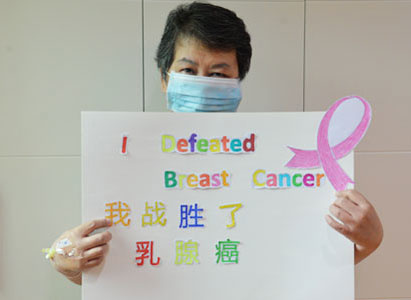 Breast Cancer
Breast Cancer- Miss Chen
- Malaysia
Due to the fear of surgery and chemoradiotherapy, Miss Chen, breast cancer stage IV patient from Malaysia underwent minimally invasive treatm...
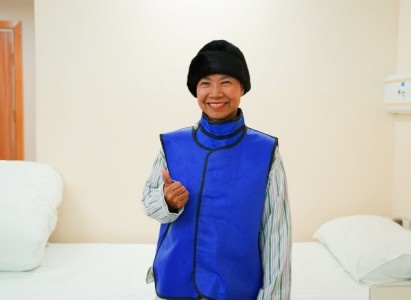 Breast cancer
Breast cancer- Nguyen Thị Giang Thanh
- Vietnam
Nguyen Thị Giang Thanh Thanh (58 years old) from Hanoi, Vietnam, relapsed from breast cancer in June 2023 and had neck and mediastinal lymp...
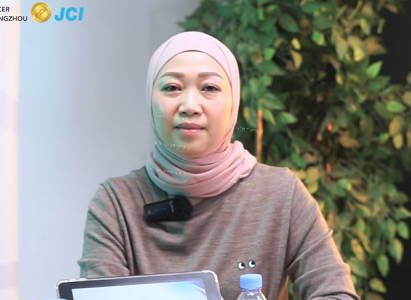 Breast cancer
Breast cancer- Chintia Yulianti
- Indonesia
In 2023, Chintia from Jakarta, Indonesia, went to the hospital for abnormal nipple discharge. After surgery, she was diagnosed with invasive ...
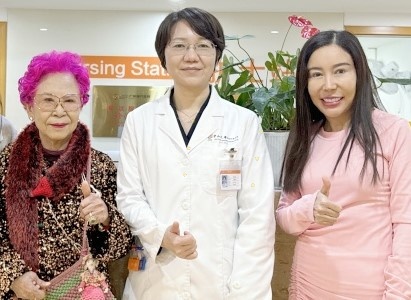 Breast Cancer
Breast Cancer- Sudal
- Thailand
Hospital selection: the key to success in fighting cancer
"Choose the right hospital!" - This is the answer I blurt out when someone asks me...
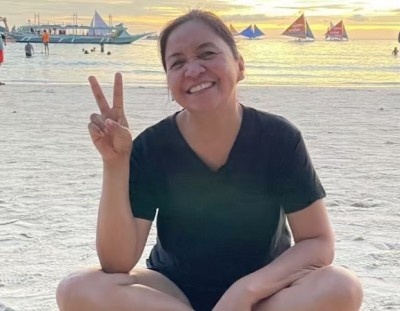 Breast Cancer
Breast Cancer- LEONISA
- Philippines
My name is LEONISA, and I am from the Philippines. After experiencing a recurrence of breast cancer, I chose to seek treatment at St. Stamfor...
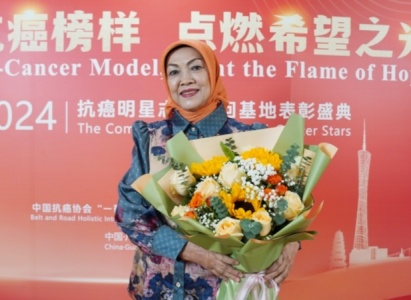 Breast cancer
Breast cancer- KISWATI
- Indonesia
In June 2016, I began experiencing tightness and discomfort in my breast for about a month, followed by the sudden onset of bloody nipple di...
 Breast Cancer
Breast Cancer- LEONISA CAPINLAC
- Philippines
Leonisa, a breast cancer patient from the Philippines, detected a lump in her right breast in March 2022 and underwent tumor resection in May...
 Breast Cancer
Breast Cancer- Sudal
- Thailand
In her nineties, she sports a head of vibrant pink hair, standing out even in a bustling crowd. She is Sudal, the 2024 anti-cancer star for t...
 Breast cancer
Breast cancer- SWASTI SAWITRI SUYOTO
- Indonesia
SWASTI SAWITRI SUYOTO, 56 years old, from Jakarta, Indonesia. She was diagnosed with breast cancer in December 2023. After treatment in Indon...
 Breast Cancer
Breast Cancer- Mayette
- Philippines
Mayette is a breast cancer patient from the Philippines. In 2013, she first discovered a lump in her left breast and was later diagnosed with...
 Breast Cancer
Breast Cancer- Venus Bernaldez
- Philippines
Venus Bernaldez from the Philippines, due to the recurrence and metastasis of breast cancer, and worried about the side effects brought by tr...
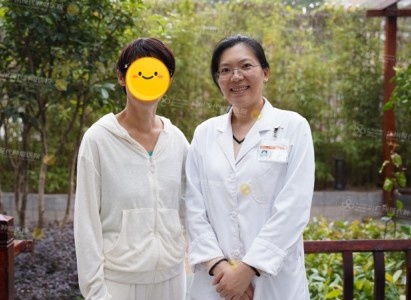 Breast cancer
Breast cancer- Elisabeth
- Netherlands
"Many desperate cancer patients are declared untreatable by local doctors, but you will see hope here. The hospital focuses on minimally inva...
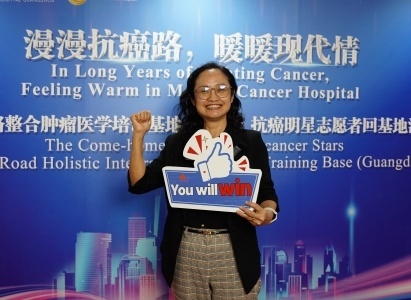 Breast Cancer
Breast Cancer- Asia
- Indonesia
On November 15, 2023, we held the activity themed "Come-Home Gala Of Anti-Cancer Stars In Belt And Road Holistic Integrated Oncology Medical ...
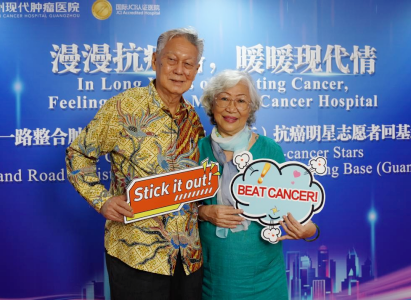 breast cancer
breast cancer- INDAHWATI JUTIAMI
- Indonesia
Indahwati Iwan from Surabaya, Indonesia, was diagnosed with stage II breast cancer (malignant tumor) in 2011. After minimally invasive interv...
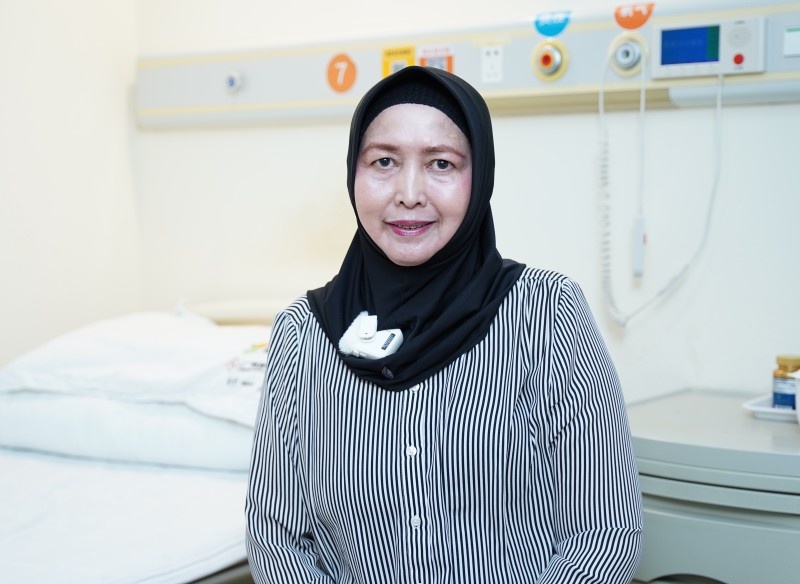 Breast cancer
Breast cancer- SAIDAH
- Indonesia
SAIDAH, 55 years old, comes from Indonesia, this is her fifth year of fighting cancer. She is not only a brave cancer patient, but also a gre...
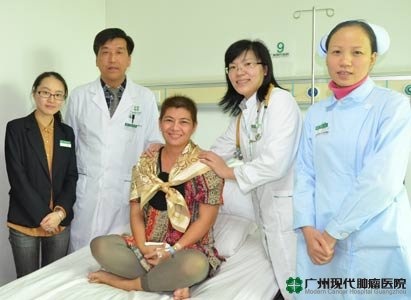 breast cancer
breast cancer- Elie Yap
- Philippines
A pretty woman No smell of disinfectant in the ward but a light scent of perfume. By this we can know that she is a pretty woman. Her name is...
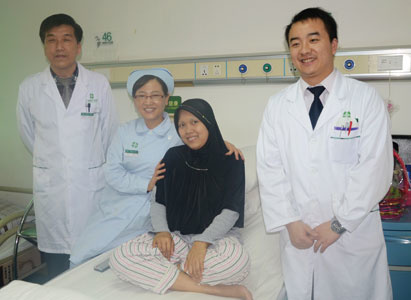 breast cancer
breast cancer- Summar
- Indonesia
After getting treatment in Modern Cancer Hospital Guangzhou, NURUSIAH BINTI SUMAR who is from Indonesian and suffered from breast cancer, r...
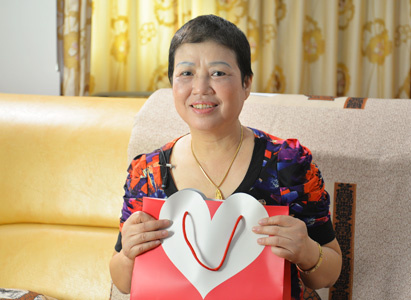 Breast cancer
Breast cancer- TRAN THI DIEP
- Vietnam
Tran Thi Diep has eight-year’s history of breast cancer. Since the traditional treatments at local hospital didn’t work, she came to MCHG...
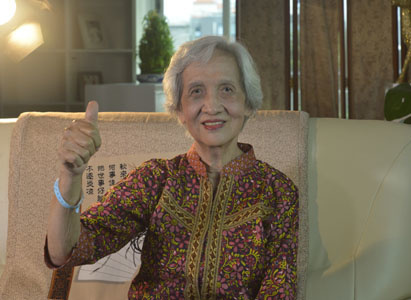 Breast Cancer
Breast Cancer- WINARNI HADIPRATOMO
- Indonesia
WINARNI HADIPRATOMO, 74 years old, comes from Indonesia. WINARNI was diagnosed with a 2cm cancer in the left breast in November 2013. In June...
If you, your family, or your relatives are facing the trouble of invasive breast cancer, please click below immediately, fill in your information, get treatment options and a quote, and start your recovery journey!
Classification and staging of invasive breast cancer
As a type of breast cancer, the treatment of invasive breast cancer needs to be individualized according to different stages. We will introduce you in detail to this minimally invasive treatment technology for invasive breast cancer of different stages, as well as its advantages over traditional treatment.
Classify:
Invasive breast cancer can be divided into the following types according to pathological differences:
Ordinary invasive breast cancer: including solid carcinoma, adenocarcinoma, etc. Solid carcinoma is the most common type of breast cancer, accounting for about 80%, but other factors are still needed to determine the prognosis;
Special types of invasive breast cancer: include papillary carcinoma, and medullary carcinoma (with a large number of lymphocyte infiltration, etc.).
Stages:
Invasive breast cancer is usually divided into the following stages according to the degree of cancer cells invasion and the latest version of the international TNM standard staging:
Stage I From mild to severe, they’re stage IA and stage IB. The invasive breast lesions are small, there’s no metastasis or micro-metastasis to the axillary lymph nodes, and the treatment effect is good.
Stage II From mild to severe, they are stage IIA and stage IIB. The invasive breast lesions are small, there’s little metastasis to the axillary lymph nodes or the invasive lesions are slightly larger, there’s no metastasis to the axillary lymph nodes, and the treatment effect is slightly worse than stage I.
Stage III From mild to severe, they’re stage IIIA, stage IIIB, and stage IIIC. Generally, the invasive breast lesions are large, and even locally invade the breast, and there are many axillary lymph node metastases. The tumor develops to a more serious stage, and the treatment effect is worse than stage I and stage II.
Stage Ⅳ Stage IV means that there’s organ metastasis outside the breast and axillary lymph nodes. It’s advanced breast cancer, the condition is more serious than stage I-III, it’s no longer curable, the treatment effect is relatively poor, and most of them can only be maintained for a long time.
How long can a patient with breast cancer live?
Breast cancer
Five-year survival rate
about 90%
Early stage (stage I)about 85% to 70%
Mid-stage (stage IIA-IIB)about 52% to 48%
Mid-stage (stage IIIA-IIIB)about 18%
Late stage (stage IV)
Interventional Therapy X Invasive Breast Cancer
Minimally invasive treatment guided by medical imaging equipment only requires an incision of 1-2 mm, puncture under the guidance of medical imaging equipment, and special catheters, guidewires, and other precision instruments are directly introduced into the human body to diagnose the lesion, or extract its tissue and choose to carry out local treatment at the same time or electively.

- 1.Less trauma and faster recovery: Compared with traditional surgery, interventional therapy has less trauma, less pain, and shorter recovery time, allowing patients to return to normal life faster.
- 2. High accuracy and remarkable effect: Under the guidance of imaging equipment, interventional therapy can accurately reach the lesion area, carry out precise treatment, and improve the treatment effect.
- 3. Less side effects and high safety: Since the drug acts directly on tumor tissue, the toxic side effects of drugs on normal tissue during systemic chemotherapy are avoided.
- 4. Fewer side effects and high safety: For patients with early-stage breast cancer, interventional therapy can be used as an auxiliary treatment before surgery to improve the effect of surgery; for patients with advanced breast cancer, recurrent breast cancer, or metastatic breast cancer, interventional therapy can be used as an effective treatment method which can control the disease and prolong survival.
- 5. Improve the quality of life: Interventional therapy can significantly improve a patient’s life quality by reducing pain, repairing ulcers, reducing bleeding and oozing fluid, and shrinking swollen lymph nodes.
Radiofrequency Ablation X Invasive Breast Cancer
Minimally invasive treatment guided by medical imaging equipment, the multipolar needle ablation electrode is accurately inserted into the tumor site, and the radiofrequency ablation instrument conducts radiofrequency pulse energy into the tumor tissue through the multipolar needle under the control of an electronic computer, causing the tumor tissue to Generate local high temperature (80 ℃ -100 ℃), thereby achieving the purpose of coagulation and necrosis of tumor tissue and adjacent tissues that may be spread.
- 1. Minimally invasive and safe, with few complications: small trauma, less bleeding, fast recovery, and reduced risks of bleeding, infection, etc., which can greatly reduce the patient's physical burden and significantly improve the life quality after treatment.
- 2. Precise positioning: Precisely locate the tumor tissue, and use the heat generated by high-frequency electromagnetic waves to cause coagulative necrosis of tumor cells, thereby achieving effective control of local tumors, helping to improve the success rate of treatment while reducing damage to normal tissues.
- 3. Rapid recovery and remarkable treatment effect: It acts directly on tumor tissue to achieve precise treatment and significantly improve the treatment effect. For some patients with early-stage tumors, complete ablation can even be achieved, resulting in a cure, which can ensure the effective killing of tumor cells and reduce the possibility of recurrence.
- 4. Strong reproducibility: patients can receive multiple treatments to improve the success rate of treatment. This reproducibility provides patients with more treatment opportunities and increases the likelihood of cure.
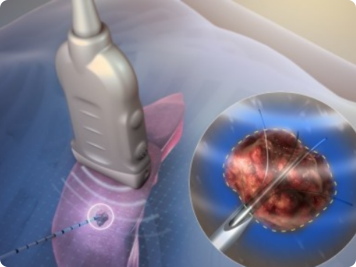
Interventional Therapy, Radiofrequency Ablation VS Traditional Treatment
St. Stamford Modern Cancer Hospital Guangzhou mainly uses the new integrated anti-cancer model of "integrated traditional Chinese and Western medicine, minimally invasive targeting" to treat cancer, such as interventional therapy, seed implantation therapy, combined knife, microwave ablation, nanoknife, cryotherapy, etc., combined with each cancer patient's specific condition and personal needs, to develop a personalized integrated minimally invasive treatment plan.
Interventional Therapy and Radiofrequency Ablation
1. No need for excision and few complications: Minimally invasive treatment can greatly preserve the intestine and enter the body through a small incision, which greatly reduces complications such as postoperative infection.
2. Small trauma, fewer side effects, fewer complications, and fast recovery: Minimally invasive treatment is a minimally invasive non-open surgery, which has less postoperative pain and quick recovery, which can greatly improve the life quality of patients.
3. High safety: less damage to the surrounding normal tissues, fewer adverse reactions, less risky, more suitable for the elderly, organ dysfunction.
4. Short treatment time: The minimally invasive treatment cycle is about one week, the recovery cycle is short, and the effect is fast, helping patients return to normal life faster.
5. Patients do not need to wait in line, and are immediately treated after admission.
6. One-on-one individual consultation to ensure the privacy and security of patients to a great extent.

- Surgical Resection:
1. Changes in body shape: Mastectomy will result in partial or complete removal of the breast, which will change the shape of the breast and may have a certain psychological impact on women's body image and self-confidence.
2. Postoperative complications: There may be a variety of complications after breast cancer resection, such as bleeding, effusion, flap necrosis, upper limb edema, etc., which will increase the patient's pain and recovery time.
3. Long recovery period: Due to the impact of surgical trauma and complications, patients may need a period of recovery, which will temporarily affect the patient's daily life and work.
4. Risk of recurrence or metastasis: Although surgical resection can remove most cancer cells, there’s still a risk of recurrence. Especially if the cancer cells have spread to the lymph nodes or other parts, the effect of the surgery may be limited.
- Radiotherapy:
1. Large side effects: Radiotherapy may cause local skin damage to the breast, accompanied by side effects such as nausea, vomiting, and oral ulcers, which greatly affect the patient's life quality.
2. Long treatment cycle: It usually takes several weeks or even months, affecting the patient's life and work.
3. Large trauma: It’s easy to damage lung tissue and cause radiation pneumonia, which may even threaten the patient's life safety in severe cases.
- Chemotherapy:
1. Serious side effects: Often accompanied by obvious side effects such as hair loss, anemia, vomiting, immunosuppression, etc., which greatly affect the life quality of patients.
2. Unstable treatment effect: Patients are prone to problems such as drug resistance and immunosuppression to chemotherapy drugs, resulting in a decrease in treatment effect, an increase in complications and in treatment difficulty.
3. Long treatment cycle: Usually 8-24 times, affecting the patient's life and work.
Click below, fill in your information, and The experts of our team will get in touch with you as soon as possible!
Integrated Minimally Invasive Treatment Techniques for Invasive Breast Cancer
When it comes to colorectal cancer, choosing the right treatment is crucial. We have 18 minimally invasive treatment techniques to protect your health. Join us now and let's fight the cancer together!
Our hospital's MDT: authoritative, professional and trustworthy
When facing the challenge of invasive breast cancer, our hospital knows that every patient desires to receive the most professional and authoritative treatment. To this end, St. Stamford Modern Cancer Hospital Guangzhou has assembled an MDT composed of top experts in the industry, dedicated to providing comprehensive and personalized diagnosis and treatment services to patients.

- Zhai Xueli Attending Physician,Oncology Department
- Attending Physician
Personal Profile:more than 10 years experience of clinical work in oncology, member of China Anti-Cancer Association, member of Guangzhou Bai...
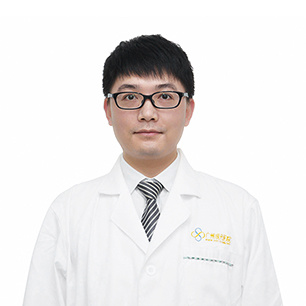
- Pan Xin Resident physician, Oncology Department
- Resident physician
Accumulated rich clinical experience in the diagnosis and treatment of tumors, specializes in the diagnosis and treatment of solid tumors suc...

- Qin Yubing Attending physician ,Oncology Department
- Attending physician
Many years of clinical work in oncology ,Master of Medicine Degree. specializes in radiotherapy, chemotherapy, targeted and other integrated ...
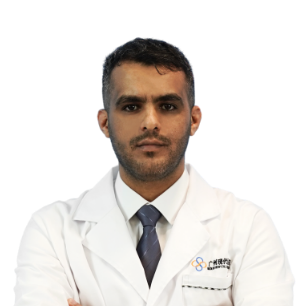
- AGILA ADNAN International Oncology Resident
- Resident Physician
Specialized in chemotherapy, targeted therapy, and various comprehensive treatment measures and individualized treatment of breast cancer, lu...

- Shen Shiheng Oncology Resident
- Physician-in-Charge
Diagnosis and comprehensive treatment of various common solid tumors....

- Zhao Yifan Oncology Resident
- Physician-in-Charge
Skilled in the diagnosis and treatment of a variety of common solid tumors, specializing in the use of Chinese medicine and acupuncture modal...

- Dong Kui Attending Physician, International Oncology Ward
- Oncologist
Dong Kui has been engaged in internal medicine for more than 4 years and is experienced in Western medicine diagnosis and treatment of common...
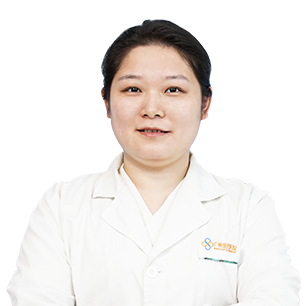
- Ma Yumei Physician-in-Charge
- Oncologist
Ma Yumei has been engaged in the clinical work of gynecological oncology treatment for nearly 10 years. With solid clinical theoretical knowl...
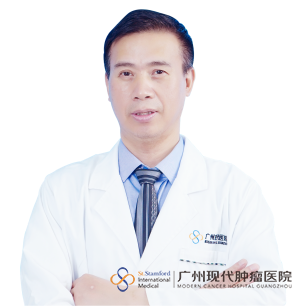
- Xiang Qide Director
- Chief Physician
Oncologist, Chief Physician, a member of Chinese Society of Clinical Oncology (CSCO) of the Chinese Anti-Cancer Association. He graduated fro...
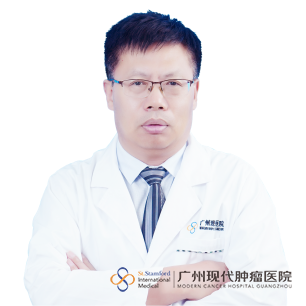
- Cui Jianguo Director
- Chief Physician
Oncologist, associate chief physician, a member of Non-invasive Therapy Special Committee of Chinese Society of Biomedical Engineering, Palli...

- Pu Ruilian Director of Ultrasound Department
- Attending Physician
Personal P rofile: With nearly 20 years of clinical work experience in ultrasound diagnosis in cancer hospitals, he has accumulated rich expe...

- Ban Zhonghua Director of Interventional Radiology
- Attending Physician
Personal Profile: He has been engaged in medical imaging diagnosis for more than 20 years, has rich clinical experience in the diagnosis of v...
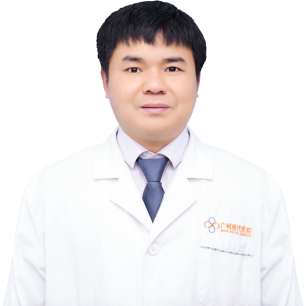
- Wu Wei Deputy Director of International Oncology Ward
- Attending Physician
Proficient in the diagnosis and treatment plan of endometrial cancer, cervical cancer, ovarian cancer, lung cancer, intestinal cancer, gastri...

- Hu Ying Deputy Director of International Oncology Ward
- Attending Physician
Specialized in the minimally invasive treatment of various solid tumors, especially respiratory and digestive tract tumors such as lung, stom...

- He Jianyu Director of Minimally Invasive Center
- Chief Physician
Oncologist, chief physician, a postdoctoral researcher of Imperial College London, with a doctorate from Shanghai Medical College Fudan Unive...
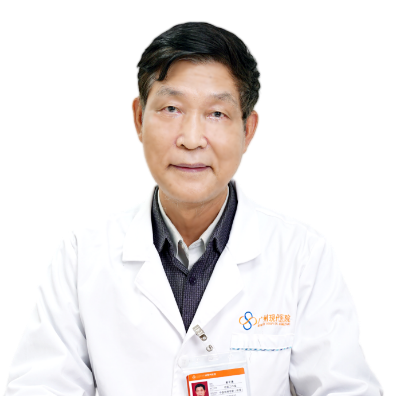
- Yin Pingshan Distinguished expert of TCM Oncology
- Chief Physician
| Introduction Engaged in clinical work in Traditional Chinese Medicine Internal Medicine for 40 years and is a core member of Guangdong Prov...
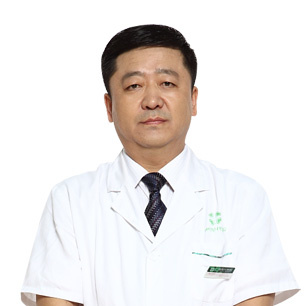
- Zhen Yanli Director of Radiology Department
- Associate Chief Physician
Dr. Zhen Yanli has been engaging in the work of surgical treatment, medical imaging diagnosis and interventional therapy, taking the job as a...

- Wu Qingkai Chief doctor
- Attending Doctor
With cancer clinical experience for more than 30 years, Dr. Wu Qingkai has rich medical theoretical knowledge and clinical experience. With t...
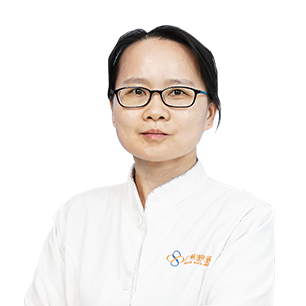
- Lin Jing Deputy Director, International Oncology Ward
- Attending Physician
Dr. Lin Jing has been engaged in clinical work in oncology for nearly 20 years and is currently a member of the Chinese Anti-Cancer Associati...
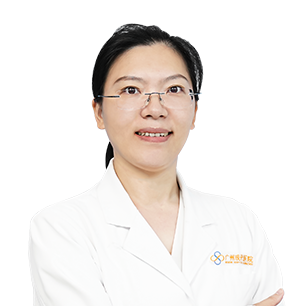
- Ma Xiaoying Director of Oncology Department
- Associate Chief Physician
Ma Xiaoying, more than 20 years experience of clinical work in oncology, and is currently a member of the Specialized Committee on Medical...
Click below, fill in your information, and The experts of our team will get in touch with you as soon as possible!






